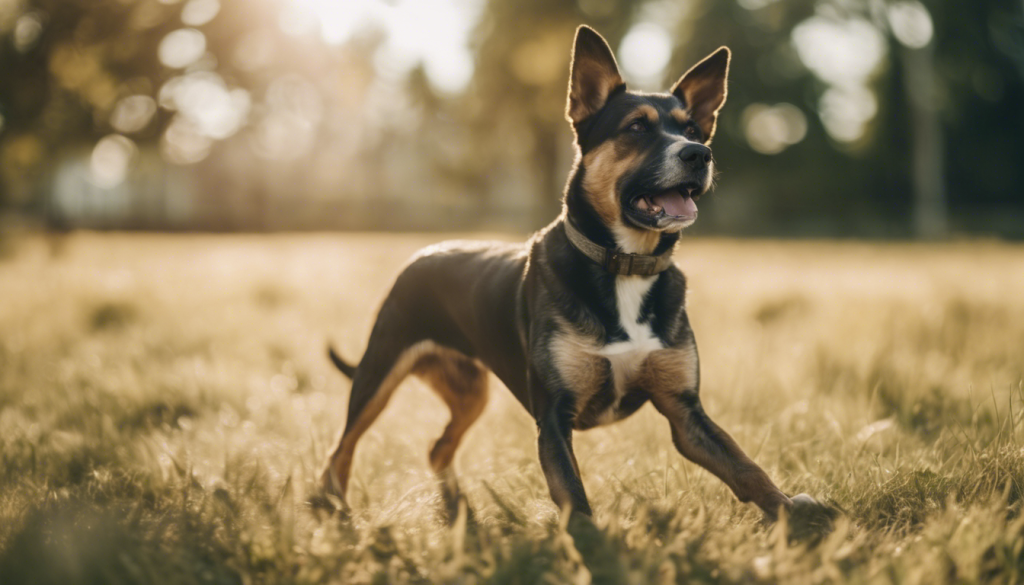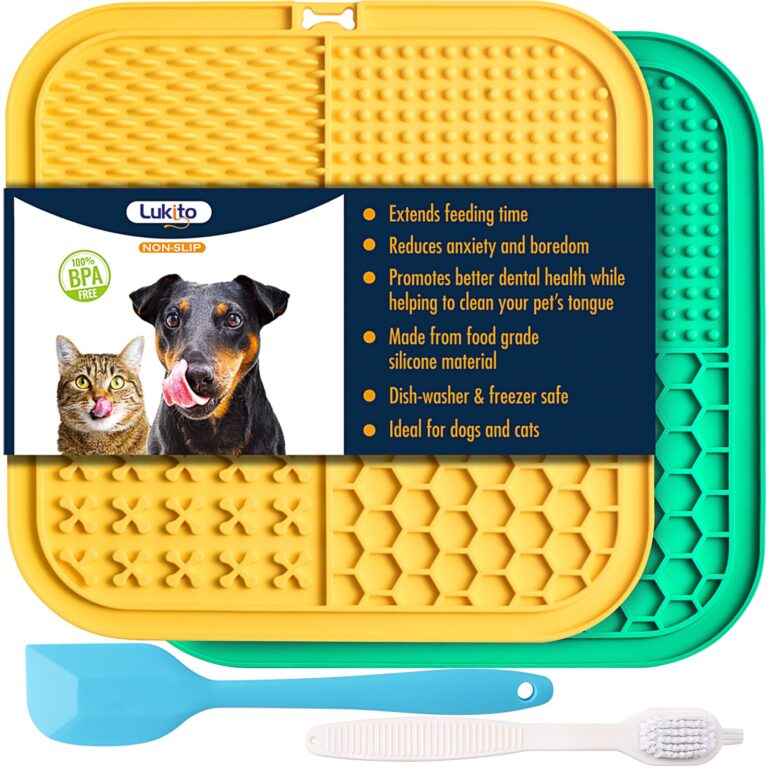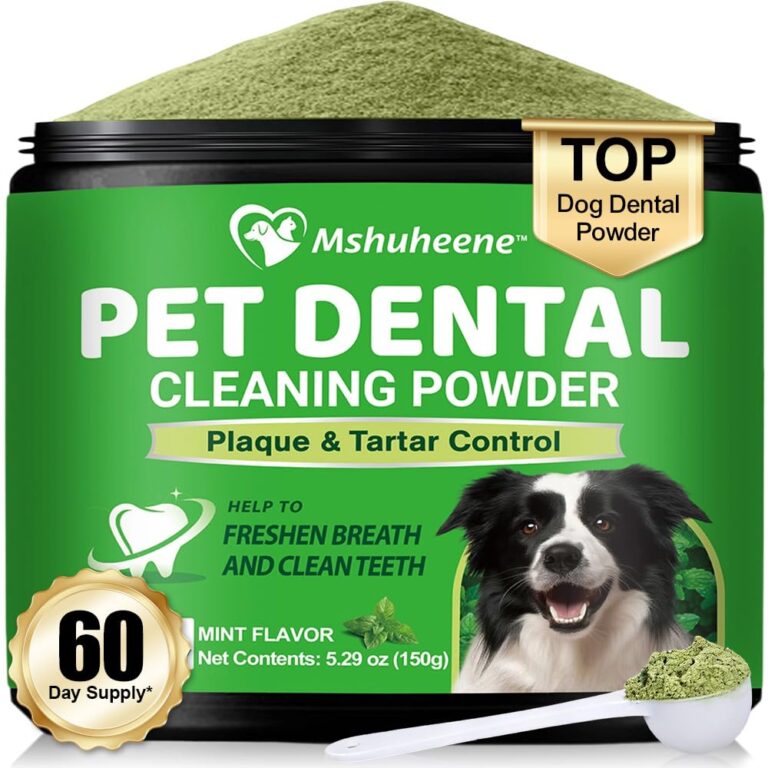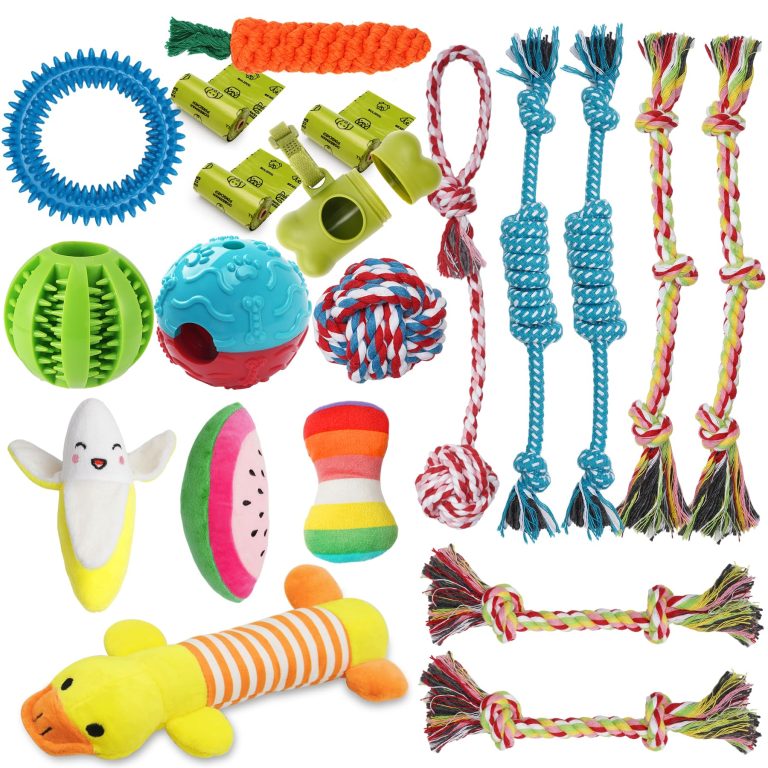American Pit Bull Terrier
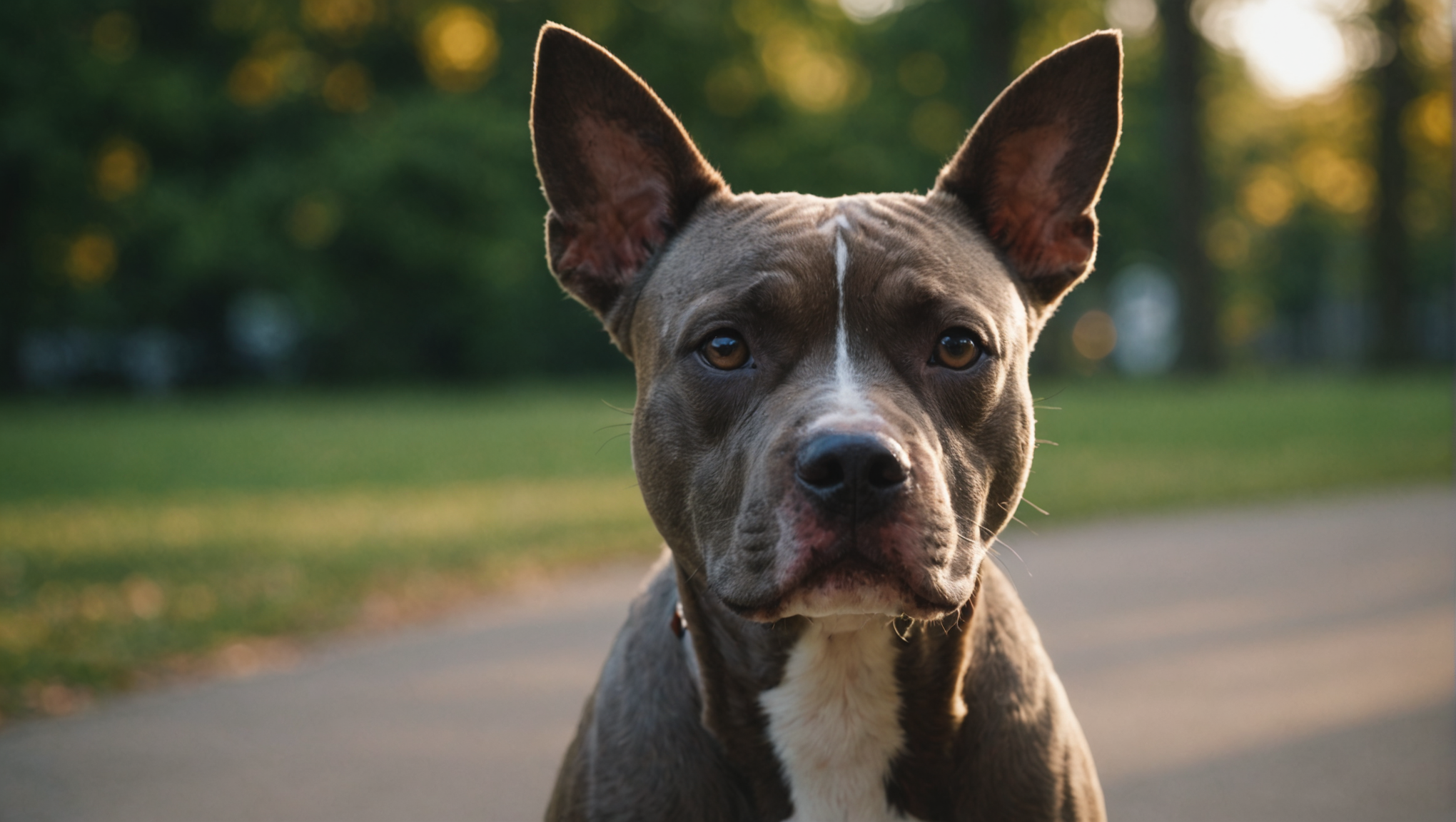
The American Pit Bull Terrier, a breed imbued with a rich and layered history, has origins that echo through the annals of time, tracing back to the agricultural landscapes of 19th century England. Originally bred from the now-extinct Old English Bulldog and terrier breeds, they were cultivated for various functions, ranging from assisting farmers in rounding up livestock to serving as loyal companions on the family estate. Their tenacious spirit and formidable strength were assets on the farm, making them reliable workers in a burgeoning agricultural society.
As the breed transitioned across the Atlantic to the United States, it adopted new roles and contexts. The American Pit Bull Terrier emerged around the mid-1800s, quickly gaining popularity as a versatile companion known for its courage and loyalty. Initially, they were cherished for their ability to manage farm animals, but their robust physique and boundless energy led to a shift in their societal perception. In the early 20th century, as urbanization took hold, the demand for such a versatile dog – one who could guard, herd, and provide companionship – only grew.
Notably, their connection to the entertainment industry further altered the breed’s trajectory in the 20th century, epitomized by their depiction in popular culture as symbols of strength and resilience. The iconic “Petey” from the “Little Rascals” series symbolized the breed’s gentle nature, contrasting sharply with the later stigmatization that emerged due to incidences of dog fighting, which marred their reputation. It’s important to underscore that the actions of a few individuals do not reflect the breed’s true nature; American Pit Bull Terriers are inherently loving and loyal, demonstrated through their history as family companions.
Today, the narrative of the American Pit Bull Terrier is a call for understanding and compassion. Advocates emphasize that when properly bred, trained, and socialized, these dogs can be loving members of any family. The emphasis on rightful ownership and responsible breeding practices continues to evolve, aiming to ensure a secure future for this breed, which has stood the test of time and circumstance. As enthusiasts and caretakers of this remarkable breed continue working to reshape perceptions, it remains clear that the American Pit Bull Terrier has carved its own unique space in the tapestry of canine companionship. In the words of famed dog behaviorist and television personality, Victoria Stilwell, “Understanding your dog’s history especially important to building a solid and nurturing partnership with them.” This sentiment resonates deeply with the journey of the American Pit Bull Terrier, echoing the importance of context, history, and education in fostering a harmonious existence with this breed.
Physical Characteristics
The American Pit Bull Terrier is a striking breed, boasting a robust and athletic build that offers a glimpse of its formidable capabilities. Typically, these dogs have a muscular and well-defined body, an aesthetic testament to their breeding origins. Adult males generally weigh between 35 to 65 pounds, while females are slightly smaller, weighing around 30 to 50 pounds. Their height usually ranges from 17 to 21 inches at the shoulder, contributing to their imposing stature combined with agility. This breed exhibits a broad chest, strong jaws, and a powerful neck, all of which speak to their heritage as versatile working dogs.
When it comes to the coat, American Pit Bull Terriers present a short, smooth texture that lies close to the body. The coat often comes in various colors and patterns, including brindle, fawn, black, blue, and even multiple combinations. The diversity in coloration adds to their visual allure, although it is their temperament and character that truly define them beyond mere appearance.
One notable characteristic is their expressive almond-shaped eyes, which can be found in shades from amber to brown. These eyes convey a range of emotions, from eagerness to loyalty, reflecting their keen and perceptive nature. Moreover, the breed possesses a distinctive smile, often noted for its playful and affable demeanor. When an American Pit Bull Terrier is engaged and happy, their entire face radiates warmth and love, inviting interactions and connections.
Temperamentally, these dogs exhibit a profound loyalty and affection toward their human families. They are often described as exceedingly people-oriented, thriving on companionship and interaction. While their protective instincts are notable, stemming from their past as working dogs, it’s essential to understand that they’re also highly gentle with children, making them capable family pets. However, as with any breed, proper training and socialization from an early age are crucial for ensuring that their natural temperament is channeled into positive behaviors.
Regarding exercise needs, the breed requires substantial physical activity to match their high energy levels. Daily walks, interactive play sessions, and opportunities to engage in dog sports such as agility or obedience training are advisable to keep them stimulated and healthy. A bored American Pit Bull Terrier can quickly become a disruptive one, as their intelligence drives them to seek out creative, albeit mischievous, outlets for their energy. Regular mental exercises, such as puzzle toys and training sessions, can help mitigate this issue while also enhancing the bond between dog and owner.
However, like any breed, the American Pit Bull Terrier has specific vulnerabilities that prospective owners should be aware of. Common health concerns within this breed include hip dysplasia, allergies, and skin conditions. Regular veterinary check-ups are essential to monitor these potential issues early on and to maintain the dog’s overall health. Maintaining a proper diet is also critical; a high-quality, balanced canine food supplemented with regular vet guidance will aid in ensuring that the dog receives necessary nutrients devoid of harmful fillers or additives.
Grooming requirements for the breed are relatively manageable due to their short coat, which demands minimal upkeep. A weekly brushing is usually sufficient to keep shedding under control and maintain healthy skin. Additionally, regular dental care is vital, as Pit Bulls can be prone to dental issues. Incorporating a consistent oral hygiene routine, complete with regular check-ups, will significantly contribute to their overall well-being.
An American Pit Bull Terrier can be a deeply rewarding addition to any family, but potential owners should remain vigilant about their unique needs and traits. The blend of strength, loyalty, and energetic disposition marks this breed as one that flourishes under attentive care and understanding. Proper training, socialization, and a commitment to fostering a safe and loving environment will go a long way in ensuring that these remarkable dogs thrive and continue to uphold the noble legacy of their lineage.
Temperament and Behavior
Understanding the temperament and behavior of the American Pit Bull Terrier is paramount for anyone considering welcoming one of these dogs into their home. At their core, these dogs are known for their unyielding loyalty and boundless affection towards their families. The breed is not merely a protector; they are a vibrant companion whose enjoyment of human interaction is unparalleled. The loving demeanor of a well-socialized American Pit Bull Terrier often showcases an eagerness to please, making them highly trainable and responsive to their owners’ commands.
Their intrinsic sociability is a double-edged sword, however. While they can be incredibly friendly and engaging with people, they require significant socialization from a young age. Early exposure to various environments, sounds, people, and other animals helps to nurture a well-rounded dog. The adage “a tired dog is a good dog” holds true here; mental stimulation and varied experiences mitigate the risk of behavioral issues. Engaging them in group training courses or dog parks not only provides necessary social interaction but also strengthens the bond between owner and dog.
One of the standout traits of the American Pit Bull Terrier is their protective nature. Their instinct to protect their family is innate, making them excellent watchdogs. They’re naturally attuned to their environment and will often voice their concerns if they perceive a threat. However, this protective instinct should not be misconstrued as aggression. It’s vital for owners to ensure that their breed-specific traits are cultivated through positive reinforcement training methods. Training should be consistent, firm yet gentle, and enriched with plenty of praise and rewards. In the words of Victoria Stilwell, “Positive reinforcement is key to not only keeping a well-mannered dog but also nurturing a happy and trusting relationship with them.”
The exercise needs of the American Pit Bull Terrier cannot be overstated. This breed thrives on activity and requires not just daily walks but dynamic and engaging forms of play. Activities such as fetch, agility training, or even canine sports can help keep their minds as stimulated as their bodies. An under-exercised American Pit Bull can quickly display undesirable behaviors stemming from boredom and pent-up energy; thus, providing regular physical outlets is a critical part of their day-to-day care.
Potential health issues that American Pit Bull Terriers may face include genetic predispositions towards certain conditions such as hip dysplasia, heart disease, and certain skin allergies. Regular vet check-ups and ensuring that the dog remains at a healthy weight are crucial preventative measures. Vaccinations and flea and tick preventatives should also be part of a comprehensive health plan. Knowledge of breed-specific health concerns enriches an owner’s understanding, thereby fostering a proactive approach to their dog’s health.
Grooming is another aspect of American Pit Bull Terrier care this is generally simple due to their short coat. Weekly brushing can minimize shedding while promoting skin health, and regular baths keep their coats clean and shiny. Attention to their dental health is equally vital, as the breed can develop periodontal disease or other dental issues without proper care. Regular tooth brushing and dental chews can play an essential role in maintaining oral hygiene.
Dietary needs should also be carefully considered for optimal health. A high-quality, well-balanced diet tailored to their age, size, and energy level is fundamental. Collaborating with a veterinarian to determine the best food options, including potential supplementation with essential fatty acids or vitamins, can significantly benefit their overall well-being. Owners should be cautious with treats, ensuring they’re healthy and appropriate to avoid unwanted weight gain.
In sharing life with an American Pit Bull Terrier, owners frequently discover a unique blend of personality traits that mirror the breed’s storied past. From their playful disposition to their profound loyalty, these dogs offer an engagement that is deeply rewarding. Providing the right environment, enriched with socialization, proper training, and care, will allow any owner to experience the joy and fulfillment that comes with having an American Pit Bull Terrier as a beloved family member. Their spirit not only resonates through their actions but also serves as a testament to the bond that can flourish when nurturing this exceptional breed.
Training and Socialization
Training and socialization are foundational components in the life of an American Pit Bull Terrier, influencing not only the dog’s behavior but also the harmony within the household. From their puppyhood, these dogs exhibit an innate desire to connect with humans, so capitalizing on this intrinsic quality is essential. A structured and positive approach to training nurtures their responsive nature, facilitating a bond characterized by mutual respect and understanding.
Starting as early as possible, one must immerse the American Pit Bull Terrier in various environments and experiences. Daily exposure to different sounds, sights, and smells, as well as routines interacting with diverse people and other animals, can significantly impact their confidence and sociability. In doing so, owners should adopt a method of training that emphasizes positive reinforcement—rewarding desired behaviors rather than focusing on corrections. This approach not only fosters a sense of trust but also encourages enthusiastic participation from the dog, transforming training sessions into enjoyable exercises rather than chore-like tasks.
The effectiveness of training extends beyond basic commands such as sit, stay, and come; it encompasses teaching impulse control, patience, and proper interactions with both humans and other dogs. Engaging the dog in activities such as clicker training or agility courses can introduce new skills while strengthening the bond between owner and dog. In the eloquent words of renowned dog trainer Victoria Stilwell, “Training should be about communication, understanding, and building a productive relationship between you and your pet.” This philosophy resonates particularly well with American Pit Bull Terriers, whose eager-to-please nature thrives under a gentle yet authoritative hand.
Socialization is also crucial, as it lays the groundwork for healthy relationships and behavior throughout the dog’s life. Carefully orchestrated playdates with well-mannered dogs can alleviate potential anxieties or aggression—traits often misguidedly attributed to the breed. By allowing them to engage in doggy daycare or group training classes, owners can facilitate playful interactions that further hone social skills and reduce the likelihood of fear-based reactions in unfamiliar situations. Remember, a well-socialized dog is a confident dog, equipped to navigate the complexities of the world with ease.
Moreover, consistent exposure to varied environments will help the dog learn to adapt, reducing territorial or fear-driven behaviors that may arise without proper guidance. Celebrating small milestones during training and socialization can enhance confidence in both dog and owner, creating a rewarding and enriching experience. This reflective practice not only reinforces desired behaviors but also ensures that the American Pit Bull Terrier develops into a well-adjusted and trustworthy companion.
Finally, regular evaluations of the training program are beneficial. As they grow, their needs may change, and being adaptable to these shifts while providing ongoing learning experiences will help maintain their engagement and focus. A balanced plan that incorporates both physical exercise and mental stimulation is critical; hence, owners are encouraged to pursue varied activities that challenge their dogs in stimulating ways. Integrating advanced skills, tricks, or even participating in canine sports can significantly enhance the life of an American Pit Bull Terrier, ensuring they remain mentally and physically fulfilled.
In essence, the heart of training and socialization is not merely a question of obedience but rather the profound understanding and cultivation of a relationship that acknowledges the dog’s inherent qualities. With patience, commitment, and an ethos centered on positive experiences, owning an American Pit Bull Terrier can blossom into an extraordinarily rewarding journey defined by exploration and companionship, illuminating the love that these remarkable dogs offer to their human families.
Health and Care
The well-being of an American Pit Bull Terrier hinges on attentive health care and proactive management of their specific needs. These dogs are robust and full of vitality, but understanding the nuances of their care is essential for ensuring a long, happy life. An owner should begin with routine veterinary visits, which serve as a foundational pillar for monitoring health, receiving necessary vaccinations, and managing preventive care. It very important to establish a relationship with a veterinarian who understands the breed’s unique health predispositions and can offer tailored recommendations.
Common health concerns for American Pit Bull Terriers include hip dysplasia, certain skin allergies, and issues related to their strong muscular build, such as obesity, which can exacerbate joint problems. It is fundamental to maintain awareness of these potential risks and engage in preventive strategies. Regular exercise is paramount, as a healthy weight fosters overall well-being and minimizes stress on the joints. Incorporating a balanced routine of physical activities, such as daily walks, agility training, and interactive play, not only keeps the dog fit but also enriches their mental health through stimulation.
Furthermore, dental health cannot be overlooked; this breed is susceptible to dental issues without a diligent oral hygiene routine. Regular tooth brushing, combined with dental chews that promote healthy gums and teeth, should form an integral part of their care regimen. The motto “an ounce of prevention is worth a pound of cure” rings particularly true in the realm of canine dental health, providing a safeguard against costly and painful procedures down the line.
In addition to understanding their physical needs, owners must also appreciate the emotional and psychological aspects of their care. American Pit Bull Terriers are inherently social and thrive in environments where they feel secure and loved. A consistent daily routine that includes quality time spent with family fosters their overall happiness and reduces anxiety-related behaviors. Providing them with mental stimulation through puzzle toys or learning new tricks is vital; it satisfies their intelligence and instinct to problem-solve, preventing boredom-induced mischief.
Dietary considerations are equally significant. Owners should aim for a high-quality, balanced diet specifically tailored to their age, weight, and activity level. The use of quality ingredients devoid of fillers and additives not only promotes optimal bodily function but supports a healthy coat and skin. Consulting with a veterinarian for dietary recommendations can further ensure that the dog receives the right nutrients and sustenance, particularly if they require special dietary adjustments due to allergies or health conditions.
Grooming requirements for American Pit Bull Terriers are relatively low-maintenance, thanks to their short coats. A weekly brushing can help control shedding and maintain skin health, while regular baths will keep the coat clean and shiny. It’s also essential to check their ears for any signs of infection or debris, as well as trimming their nails regularly to ensure comfort during walks and play. Ear cleaning should be part of the routine, especially if the dog spends significant time outdoors, where they may encounter allergens or dirt.
It’s essential to engage in a proactive dialogue about the overarching health care strategy for an American Pit Bull Terrier. Embracing a holistic approach that integrates physical, emotional, and preventive care will lead to not only a healthier dog but also a deepening of the bond between the dog and its family. With compassion, dedication, and an understanding of the breed’s unique traits, owners can create an environment where their American Pit Bull Terrier flourishes—radiating joy and loyalty as they enrich the lives of those around them.


